
The problem of old-age is as old as hills. In the early centuries, finding old people of past 60 years of age used to be as rare as hen’s teeth. The longevity used to be short no matter you are Alexander the Great or Swami Vivekananda. Reasons could be many. It could be genetical, in-breeding, unhygienic living conditions, poor quality of food, both vegetarian and non-vegetarian, it could be the deadly diseases like plague and epidemics that led to mass death of millions over a period, as it happened in Europe which suffered the scourge of black death.
And how can we forget the wars between countries or those waged by the invaders. There were wars between the tribals and communities for reasons of religion or possession of lands. Well, history records wars being fought for the sake of beautiful women like it happened in the case of Helen of Troy and Cleopatra of Egypt, for example. Many young people would die due to these wars at a time when the population was very small compared to what we have today.
However after 19th century and thereafter, medical science made such major advances that it has not only enabled the doctors to heal the patients with health problems but also enabled people to live for a longer time with minor ailments or in good health. That is why we read in the obituary columns of newspapers reports of death of old people aged beyond 75 being described as death due to old-age or health problems related to old-age.
Today we read about countries of centenarians like Japan and Switzerland. They are described as old-age countries like old-age homes.
Those who are running the old-age homes are drawing a parallel to the children’s homes because the problems of looking after the inmates are similar! The care-takers in both the cases have difficulties in handling old people and also children. For children, parents are there at home to take care or a compassionate God Mother in a children’s home to manage them. With old people at home, it is either their children or domestic servants who will take care of them. But if they are in an old-age home, then perforce they are at the mercy of those who manage the home.
Be that as it may, no matter where these old people are or under whose care they are, they are bound to have some problems either of health or related to wealth. Thus they become helpless old people in their old-age suffering from mental infirmities and physical debility or illness. In such a situation, it is possible greedy and heartless people, including their own children who are beneficiaries, deserting them or exploiting them.
The Government, as a welfare measure, has given a protective shield to these old people from their exploiters and tormentors of the kind mentioned above. In our country we have a law specially enacted for safeguarding the interests of old people. The law is known as Maintenance and Welfare of Parents and Senior Citizens Act, 2007.
Under this law, the petitioner, old man or old woman, is prohibited under Section 17 from engaging a legal practitioner to represent the case. Similarly, the defendant is also prohibited from engaging a lawyer. This has been a handicap for the old people. However, according to a report in yesterday’s The Times of India, this prohibition has been nullified by the Karnataka High Court. The report says that in a recent order, Justice M. Nagaprasanna had directed the Chief Secretary to take appropriate steps to permit the applicants, petitioners and appellants to be represented by advocates in the proceedings.
While this is a great humanitarian decision delivered by a Judge known for his many landmark decisions with a ring of Solomon’s wisdom where his judgements have always been tempered with mercy, I am reminded of Chief Judge Frank T. Caprio in America, who delivers justice with a humane face and interpreting law to help the underdog. The case that came before Justice M. Nagaprasanna will now go back to the Deputy Commissioner (DC) before whom the case is pending.
By the way, under this “Maintenance and Welfare of Parents and Senior Citizens Act, 2007,” the case must go to the Assistant Commissioner (AC)first and from there on appeal to the DC.
The case here pertained to a petition by one Srinivas Ganiga, an 82-year-old villager from Puttur in Udupi. It appears that Srinivas Ganiga having purchased properties had transferred them to his two sons. Later, he approached the AC under the said Act of 2007, claiming that his one son was torturing him physically and mentally and both his sons had created a fraudulent settlement deed of his properties in 2014. He sought for the restoration of his property under the provisions of the Senior Citizens Act.
It may be interesting to know that many people do not realise that ‘old is gold.’ A person may be old but if his faculties are in very good form, he may lead his life in a way comparable to those younger to him. Today we find many old people above the age of 75 pursuing their passion in art, literature, music, politics and profession more successfully than their juniors.
When such is the reality, either due to the mercy of nature, providence, luck or the medical science, I was surprised to read about the disparaging remark of Ajit Pawar, the Deputy Chief Minister of Maharashtra, against his uncle Sharad Pawar saying, ‘Your are 83-years-old. When will you retire?’
Does Ajit Pawar know that the US Supreme Court Judges have no retirement age? At present, the age of the oldest Judge in US Supreme Court is 87 years. Why bring in age when you should be fighting a political battle on ideology?
e-mail: [email protected]



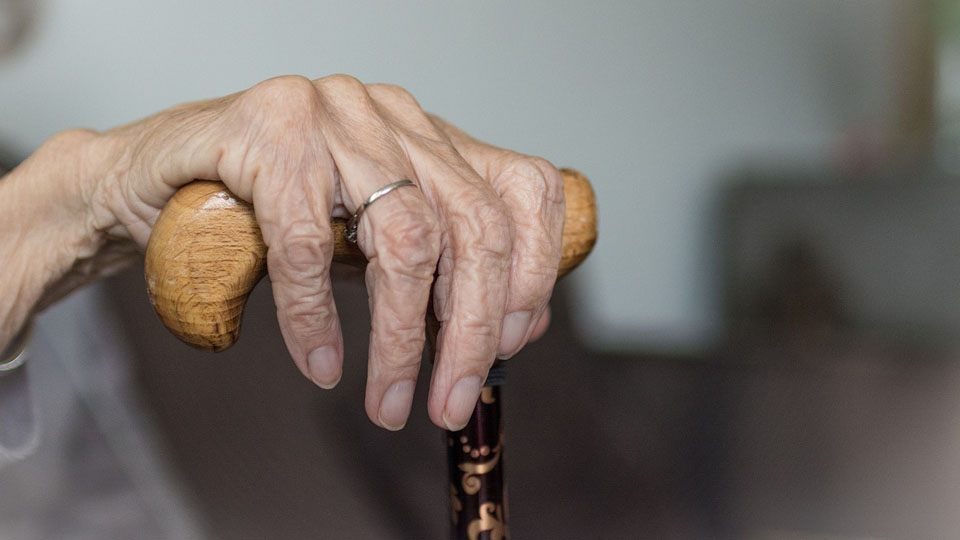
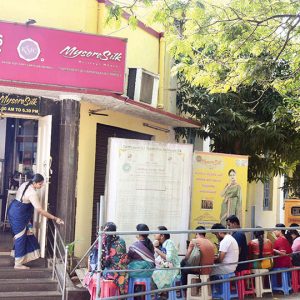
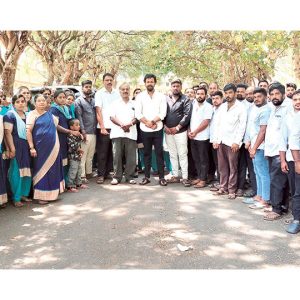
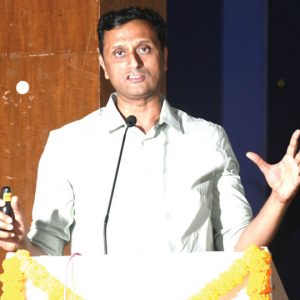
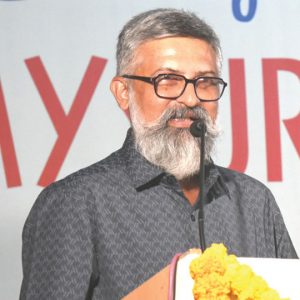
Recent Comments